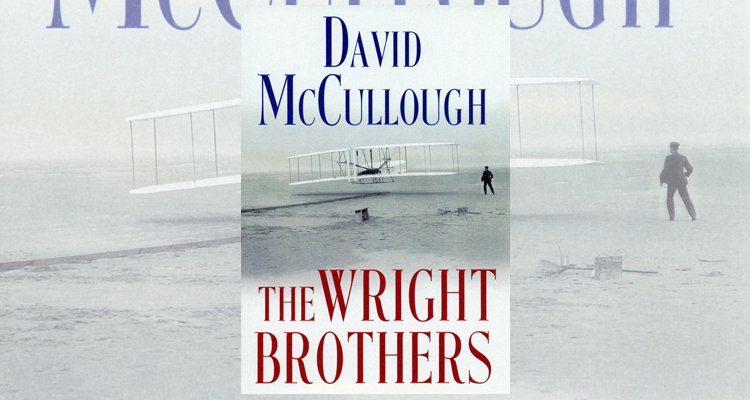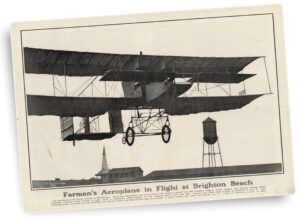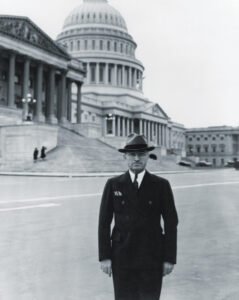The Wright Brothers
by David McCullough, Simon & Schuster, New York, 2015, $30.
As noted in several recent reviews, non-aviation-oriented writers are turning to early flying lore for topics—a welcome trend that has now reached a peak, with two-time Pulitzer Prize–winner David McCullough snaring perhaps the most important subject in his easy-to-read The Wright Brothers. This is a splendid but non-technical introduction to the Wright family. In fact, its title might just as well have been The Wright Family, since McCullough also profiles Katharine and Bishop Wright, revealing their personalities in the same way that he attempts to flesh out Wilbur and Orville. But despite his efforts, the two brothers to a large extent remain mysteries, though McCullough does portray them as far more cultured and appreciative of the arts than they are usually depicted.
Understanding how the Wright brothers solved the problem of flight will require turning to the old standbys, including books by Charles Harvard Gibbs-Smith and Tom Crouch. McCullough is far more focused on interpersonal relationships and period culture than he is on technical details.
There are very few errors. McCullough’s comments on the Wright patents are not exact, and there is the inevitable reference to “canvas” (rather than muslin) being the material covering the wings. Some of his nomenclature seemed unusual to me, e.g., “Flyer I, Flyer II and Flyer III,” but this might be a matter of interpretation. He omits much contemporary background material, passing lightly over many of the other important figures of the time and not commenting on some mechanical matters (for instance, the surprising quality of Samuel Langley’s engine compared to that of the Wrights).
In short, this book will fix the Wrights in the general public’s mind as far more approachable than has been portrayed in previous works. Delightful to read, The Wright Brothers will no doubt inspire a film or a television series. And perhaps it is just as well that no one, not even an author of McCullough’s stature, can really peer into the thoughts of Orville and Wilbur.
Walter J. Boyne





